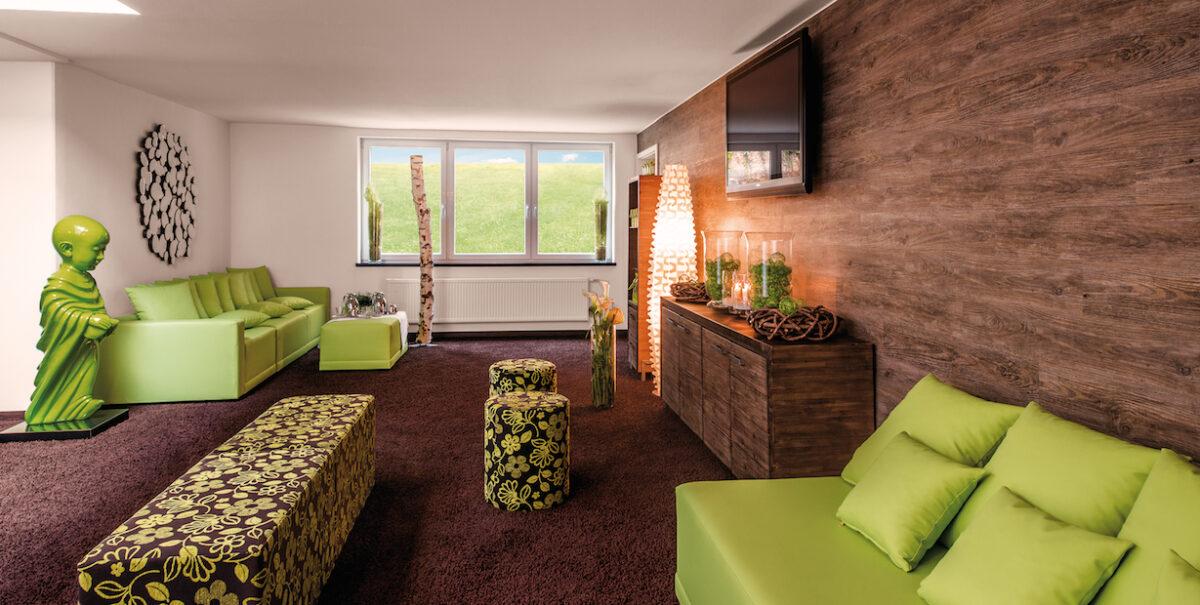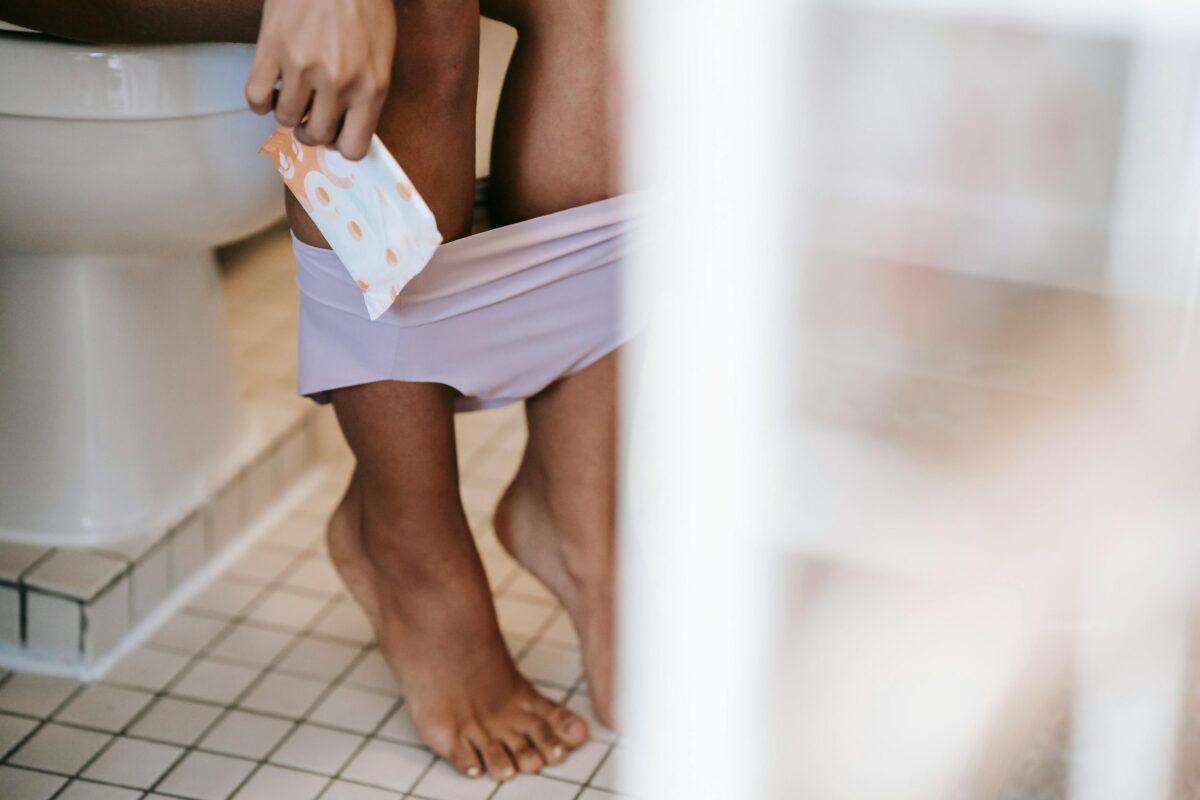.IlluThe Lifestyle Resort Zum Kurfürsten has been transformed into a Feng Shui place of power with the help of a Feng Shui master from China. The picture shows a room with the element of wood. The sofas have their backs to the wall and the window is on the side to keep the energy in the room. Here are nine practical tips for your home. IMAGE ⒸLifestyle Resort Zum Kurfürsten
Flowing energy, balance and spatial harmony
Feng Shui is a Chinese theory of harmony that takes into account various elements. Traditional Feng Shui has some spiritual components, which were largely lost when the concept was adopted in the West. What remains is a concept that is intended to create more harmony in your living, sleeping and working spaces.
Feng Shui Green PearlsⓇ Hotels
I became aware of Feng Shui through several Green PearlsⓇ hotels that have designed their interiors according to Feng Shui. About ten years ago, at the Lifestyle Resort Zum Kurfürsten, host Heiner Buckermann consulted a Feng Shui master from Beijing. The wellness hotel was in the middle of renovation and so the Feng Shui tips came at just the right time. The master placed great importance on the resort being separated from the street to keep negative energy out. Furthermore, the main house was to be connected to all the outbuildings in such a way that energy could flow freely. Attention was paid to the direction of the water flow in the resort’s pool area.
In Feng Shui, water should never flow away from the residents, but always in their direction.
Other Green PearlsⓇ hotels that are furnished according to Feng Shui are the SCHWARZWALD PANORAMA in Bad Herrenalb and the Biohotel Grafenast in Tyrol. For the Biohotel Grafenast, it was also important that the hotel be in harmony with its surroundings – it is located high up on the Pillberg with a view of the Inn Valley. The hotel and its grounds were then praised as a place of power.
At the Hotel Luise in Erlangen, you can spend the night in a Feng Shui room.
Defined areas (Bagua)
Another element of Feng Shui is Bagua. It is a grid that divides the house into several areas – just as you probably have it at home: children’s room, living room, kitchen, etc. In Feng Shui, there are the areas ‘career’, ‘knowledge’, ‘children’, ‘wealth’, ‘fame’, ‘partnership’, ‘helpful friends’, ‘family’ and in the middle of everything is the life energy ‘Qi’.
Each area is designed to match its purpose by using colors, materials and shapes. The design is actually quite logical – the ‘relationship’ area should be cozy, with soft materials; the ‘career’ area should be organized and have a straightforward structure.
9 practical feng shui tips for your home
#1: Toilet: Always keep the toilet lid closed, and the toilet door closed. If the toilet is in a position where the door is prominently in view, then think of something to distract from the view of the toilet door – for example, a picture as an eye-catcher right next to it or a mirror.
#2: Mirrors: Mirrors are very popular in Feng Shui as they reflect beauty and visually expand rooms. Think about where and how you can use this in your home.
#3: Plants: Place healthy plants in front of the windowsills (to prevent the good Qi from escaping).
#4: Dark corners: Illuminate dark corners in the home. Passive light sources such as floor lamps, wall lamps or table lamps are suitable here.
Tidy order
#5: Organise and declutter: Do a big clear-out so that there is a tidy order – with a few beautiful accessories.
#6: The bedroom should radiate calm and offer little distraction (no mirrors). The headboard should be against the wall and ideally you should not look at the door or the window. If it is not possible otherwise, you can attach a wind chime to ‘redirect’ the energy.
#7: Sofas and chairs should not be placed with their backs to the door.
#8: Your desk should be placed in a way that you sit with your back to the wall. Furthermore, you should be able to see the door from your desk. (You don’t have to look straight at it, but you should be able to see it when you look to the side.) The window should be on the side (neither in your back nor in your front view).
#9: In your study, you should pay particular attention to tidiness. Hide cables and dispose of clutter and broken things like dried-out pens etc.
As you can see, the aim is to feel comfortable and to fill your home with positive energy. Hoteliers report that this contributes to the well-being of their guests. Even if they don’t know that it’s a Feng Shui interior. 🙂




